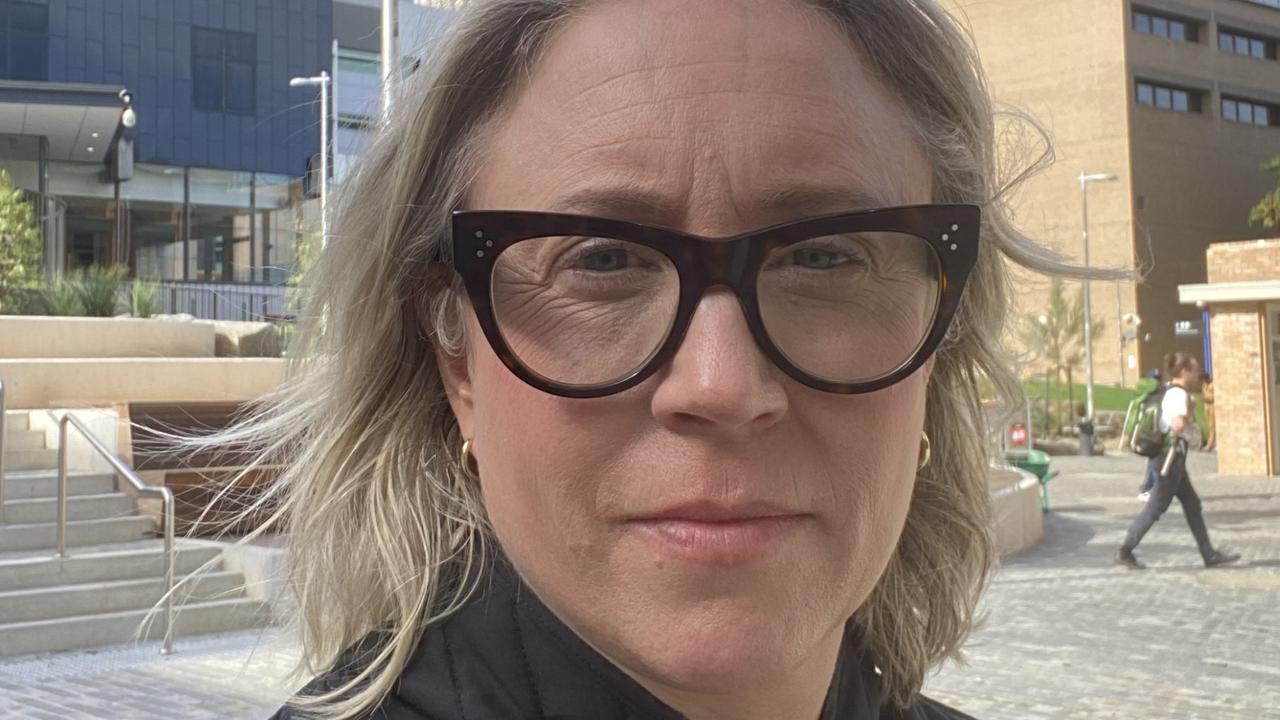Aussie staff scoring up to 27% pay rises as worker shortages bite
Some employees are winning when it comes to commanding huge pay rises, but if companies aren’t careful they could see other staff “half way out the door”.

At Work
Don't miss out on the headlines from At Work. Followed categories will be added to My News.
The battle to find staff means Australian companies are being forced to add an extra 19 per cent on to starting salaries but this is creating problems with existing employees, new research has found.
It showed 93 per cent of Australian business leaders are paying a salary premium to stay competitive when recruiting for in-demand roles.
Queensland employers were offering the biggest pay rise with a whopping 27 per cent added to new starter’s salaries, followed by 21 per cent in Western Australia, recruiter Robert Half found.
NSW and Victorian company’s are offering below the national average with 11 per cent and 15 per cent pay bumps respectively.
Larger organisations are also topping up salaries by an extra 25 per cent for new hires.
In disturbing news, the survey of 300 business leaders found 28 per cent weren’t interested in addressing the pay gap between old and new staff.
Yet, company’s risk losing loyal staff if they don’t make changes. More than one-third of office workers said they feel they are being underpaid, while 31 per cent believe they are being paid less than new hires in a similar role.

For almost half of employees looking for or considering a change in roles this year, low salary was the top reason to move.
“Talent shortages have put pressure on employers to offer new recruits higher pay in a bid to stay competitive in the market, but this response can stir concerns among workforces,” said David Jones, senior managing director Robert Half Asia Pacific.
“Waiting for a tenured or loyal employee to identify and raise concerns over pay inequity before responding is likely to erode the trust, loyalty, and engagement of the employee at hand and creates the risk that they will already be half way out the door before their concerns are addressed.”
Almost two-thirds of Australian business leaders said their employees have expressed concerns about pay inequities between new hires and existing staff in the past 12 months.

However, 59 per cent were conducting regular pay audits and adjusting existing employees’ pay to align with market rates and 54 per cent were determining compensation based on talent and responsibilities rather than employee location.
“Businesses that are serious about retaining their staff should be regularly benchmarking salaries across the organisation and maintaining a clear and transparent dialogue with each of their employees about their salary and role expectations,” Mr Jones said.
“Ensuring existing staff are rewarded at the same rate as new employees could significantly reduce the risk of losing crucial knowledge and experience to more competitive external offers.”
Mr Jones added that pay wasn’t the only way to keep staff happy, with career advancement and flexible working also key priorities.
Originally published as Aussie staff scoring up to 27% pay rises as worker shortages bite





